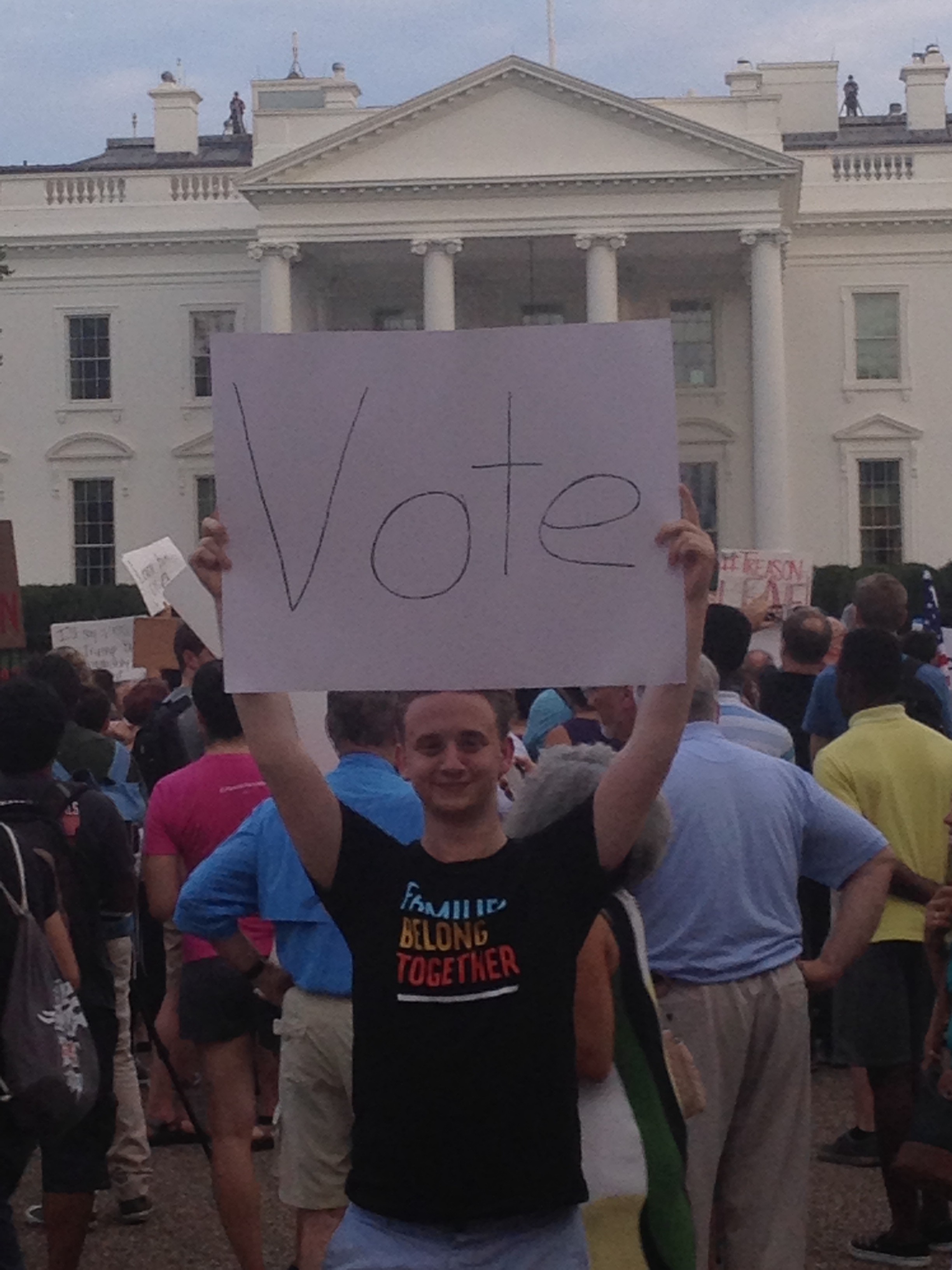
The uncomfortable truth is that most current politicians will not be alive for the long-term consequences of their actions. Most voters will not have to watch the seas reclaim Manhattan, live through the impending implosion of democracy, or see America default on its debt. Why? Because policies enacted today are creating long-term harms and Americans over the age of 50 are likely to pass away before these pending disasters impact them.
However, despite their limited exposure to the impacts of their decisions, older Americans are the dominant political force in America. For now.
Long-term issues are youth issues because we will be the ones living through the consequences of inaction. Protecting the environment is not only a theoretical good, but a matter of survival for the people who are still going to be here in 50 years. Gallup found 51% of younger votes thought “global warming would pose a serious threat in [their] lifetime” compared to 29% of Americans over the age of 55.
Deficit spending might have positive short-term effects, but we have had a large deficit for the past 17 years and have no serious plan to pay it back. Even the erosion of small d democratic norms will not be fully felt in the next decade. Not enough is being done to ensure the long-term stability of the future. And it is not enough for our generation to sit on the sidelines.
I could blame both major parties for this, but they are just reflections of the voter trends. In 2016 voters over the age of 60 made up 33% of the votes cast while voters under the age of 30 made up 14% of votes were cast. These numbers don’t reflect America. In fact, there is nearly an equal number of voters under the age of 30 and above 60 in America. It’s political suicide for either party to favor youth issue when the youth don’t vote. Politicians only have an incentive to represent and listen to the people who vote. This ignores the historical and structural barriers that some people have to vote.
But this can change if people show up and we take the reins of this country to steer it towards a more sustainable future. 2018 marked the first time younger voters outnumbered the boomer generation at the polls and we elected a wave of young, diverse, forward-looking representatives. Blue Future is partnering with young activists to tip the scales in swing districts, and countless others are playing a role to create a more vibrant, inclusive, democracy. As the West Wing’s President Bartlet once said, “Decisions are made by those who show up”
So show up. Our future depends on it.
Zachary Intrater is a Junior at Tufts University studying political science and quantitative economics. On campus, he helps run CIVIC, a political discussion group and the debate team. This summer he is a Tisch Summer Fellow on the Blue Future team.
